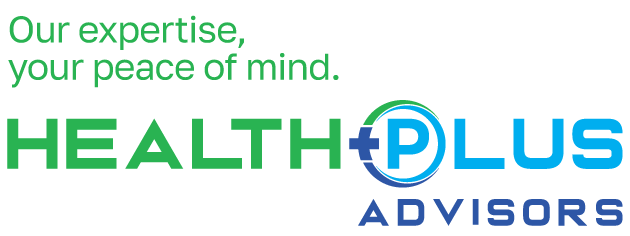Choosing the right health coverage is vital for your finances and well-being.
It’s not always easy to know if private health insurance worth it, especially with many options and increasing healthcare expenses. This guide will explain private health insurance, how it works, and how to decide whether it fits your needs, budget, and lifestyle.
What is Private Health Insurance?
Private health insurance refers to the coverage provided by non-government insurance companies. According to the U.S. Census Bureau, it remains the most common type of coverage in the United States, with nearly 67% of Americans enrolled in private plans.
Ways to Get Private Insurance:
- Through your employees as part of a group health plan
- Through the HealthCare.gov marketplace under the Affordable Care Act (ACA)
- Directly from insurance companies
- Through public-private programs like Medicare Advantage and Managed Medicaid, administered by private insurers under government contracts
How Does Private Health Insurance Work?
When enrolled in a private plan, you pay a monthly premium in exchange for coverage. Costs are structured as follows:
- Premium:Monthly fee to keep your coverage active
- Deductible:Amount you pay out-of-pocket before your plan begins covering expenses
- Coinsurance:A percentage of costs you pay after meeting your deductible
- Out-of-pocket maximum:The annual cap on what you spend; after reaching it, your plan pays 100% of covered services
Private health plans typically run for one year and require annual re-enrollment or renewal.
What’s Covered Under Private Health Insurance?
Most private health insurance plans provide comprehensive coverage, which typically includes:
- Hospital stays and emergency care
- Doctor visits and outpatient treatment
- Preventive care and routine checkups
- Prescription medications
- Specialist consultations
- Rehabilitation services
The exact coverage details can vary depend on your specific plan, including its provider network, deductible, and coinsurance terms.
Understanding Provider Networks
Private insurance plans operate within provider networks that influence access and costs:
- PPO (Preferred Provider Organization):Offers flexibility to see in-network and out-of-network providers
- HMO (Health Maintenance Organization):Requires staying in-network, often with referrals for specialists
- EPO (Exclusive Provider Organization):Covers only in-network services, except in emergencies
Knowing your plan’s network can help you avoid unexpected costs and ensure you efficiently get the care you need.
Essential Health Benefits in ACA Plans
Plans offered through the ACA marketplace must include coverage for 10 essential health benefits:
- Outpatient services
- Emergency care
- Hospitalization
- Maternity and newborn care
- Mental health and substance use services
- Prescription drugs
- Rehabilitation and habilitation service testing
- Preventive and wellness care
- Pediatric dental and vision care
Many employer-sponsored and directly purchased plans also include these benefits, though confirming coverage details is essential.
Finding Affordable Private Health Insurance
If you’re looking at private health insurance, here are four common ways to find a plan that fits your budget:
- Employer-Sponsored Plans: Often the most cost-effective, as employers typically pay a portion of the premium.
- ACA Marketplace Plans: Eligible individuals may receive subsidies or tax credits based on income, helping lower premiums and out-of-pocket expenses.
- Direct Purchase from Insurers: Provides more flexibility in coverage options but may not always follow ACA standards.
- Short-term health plans: are cheaper and cover you for a short time, but they might not include medicines or mental health care.
Is Private Health Insurance Right for You?
Private health insurance can provide essential benefits like freedom of provider choice, faster access to care, and financial protection from high medical bills. However, whether it’s the best choice depends on:
- Your current health and medical needs
- Your budget and eligibility for government programs
- Access to employer-sponsored plans or ACA subsidies
- Your preference for provider flexibility and additional services
Private insurance offers the right balance between cost and comprehensive coverage for many individuals and families.
How HealthPlus Advisor Can Help
Picking health insurance can feel confusing, but HealthPlus Advisor makes it easier. We help you understand your choices, compare plans, and find the right coverage for your life.
Whether you’re in between jobs, self-employed, planning for retirement, or simply exploring better options, we’re here to support you every step of the way. With HealthPlus Advisor, your health and well-being are in capable hands.
About the Author:



